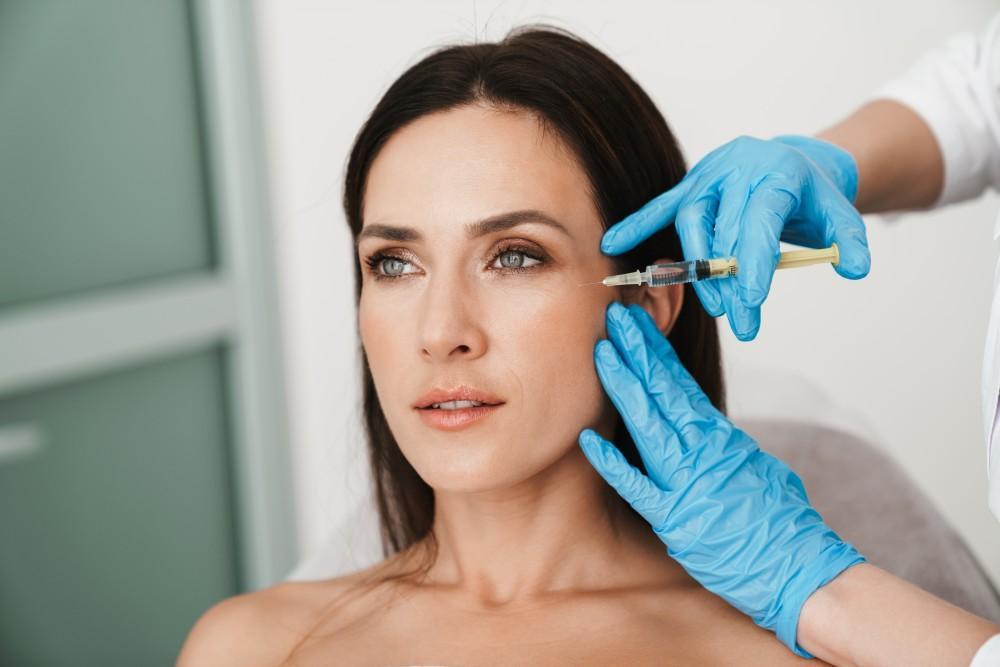
What Happens to Aging Skin Beyond Wrinkles?

You look in the mirror and find that those wrinkles that used to only appear when you smiled or frowned are now taking up permanent residence on your face. While these lines are usually the first visible signs of aging, they’re far from the only changes taking place in your skin as time goes by.
At Z-Roc Dermatology, Drs. Khongruk Wongkittiroch and Matthew Zarraga and our team have decades of dermatology training and experience between us and we have an in-depth knowledge of all things skin-related, including aging.
Here’s a look at what happens to your skin as you age — beyond wrinkles.
Thinning tissue
As your skin ages, it becomes thinner, which not only leads to aesthetic issues like wrinkling and sagging, but also problems with your skin’s primary role — protection.
Thinner skin is more prone to damage, as it takes far less force to cut or bruise the tissue. Unfortunately, these cuts and bruises also don’t heal as quickly and, in the case of open wounds, leave you more vulnerable to infection.
Sagging
As you get older, you lose collagen, which is the protein responsible for the support of your tissue. As well, the fat beneath your skin clumps up and succumbs to gravity, moving downward. The result is that your skin loses volume and tone.
Facial veins
If you’re noticing broken veins just beneath the surface of your skin, this is due to sun exposure over the years.
Dry skin
As your skin thins, it’s less able to retain moisture as it once did. As you get older, you may notice overall drier skin or rough patches of skin around your elbows, feet, lower legs.
Another contributor to drier skin is a loss of oil glands as you age, which is perfectly normal. In addition to fewer oil glands, your skin also loses sweat glands.
Discolorations
After years of exposure to the sun, your skin develops discolorations, or darker patches. Under normal circumstances, when your skin is exposed to the sun’s ultraviolet (UV) rays, your body produces extra melanin (pigment) to protect your skin. As you age and the exposure piles up, your melanin can begin to cluster, which not only leaves you with age spots, but also white spots (sun spots) that are devoid of pigment.
Skin cancer
The most common form of cancer is skin cancer, which affects 1 in 5 people in the United States by the time they reach the age of 70. As we’ve already discussed, as you get older, your exposure to the sun’s UV rays over the years can begin to take its toll, which includes skin cancer. This is why it’s terribly important for you to undergo regular skin cancer screenings with us as you age.
Helping aging skin
While there’s nothing we can do about the passage of time, we’re equipped with the latest, science-based products and services that can help erase some of the visible signs of aging in your skin. For example, along with wrinkles, we can tackle facial veins, discolorations, sagging skin, and more with our state-of-the-art laser technologies.
We can also recommend ways for you to protect your skin as you age so that you can avoid some of the issues we mention above.
To learn more about the many different resources we have for your aging skin, contact our office in Fort Lauderdale, Florida, to set up a consultation.
You Might Also Enjoy...


Bye Bye Spider Veins, I’m Getting Sclerotherapy

How Red Light Therapy Can Help Banish Actinic Keratoses

Give Yourself the Gift of Botox This Holiday Season

Yes, You Can Remove Hair THERE


